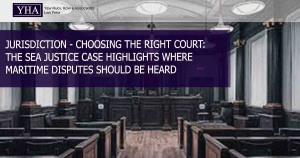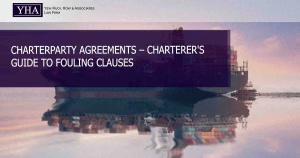
COMPANIES ACT – OPPRESSION – DRAWING THE LINE: FEDERAL COURT DEFINES OPPRESSION VS. CORPORATE HARMS
In a decisive ruling, the Federal Court clarified the boundaries between personal shareholder oppression and corporate harm, overturning the Court of Appeal’s findings. The Court held that claims tied to the wrongful transfer of trademarks belonged to the company, not the individual shareholder, reaffirming that corporate harm must be addressed through a derivative action rather than an oppression claim.








